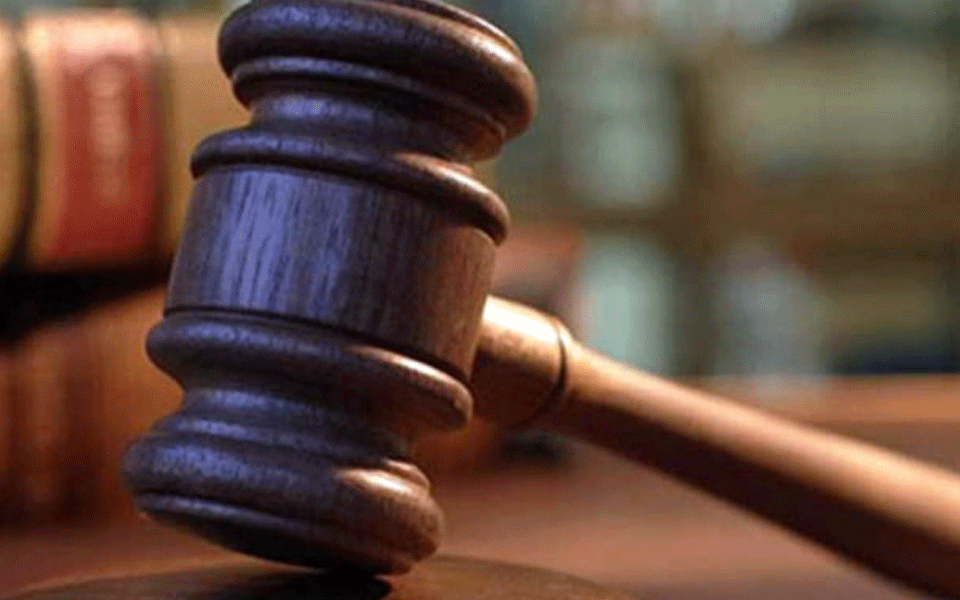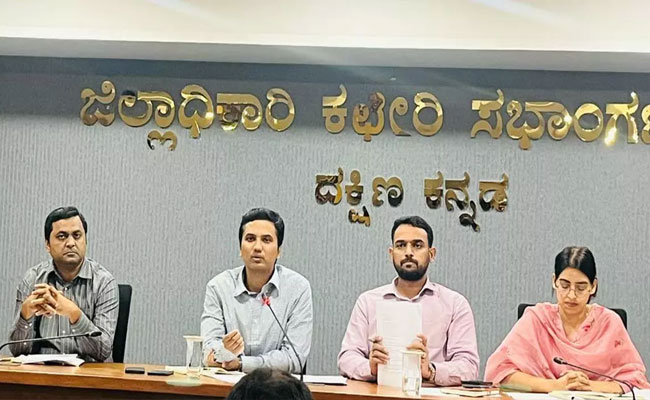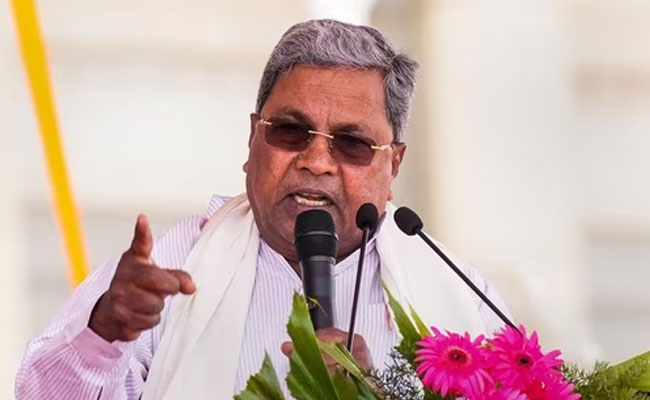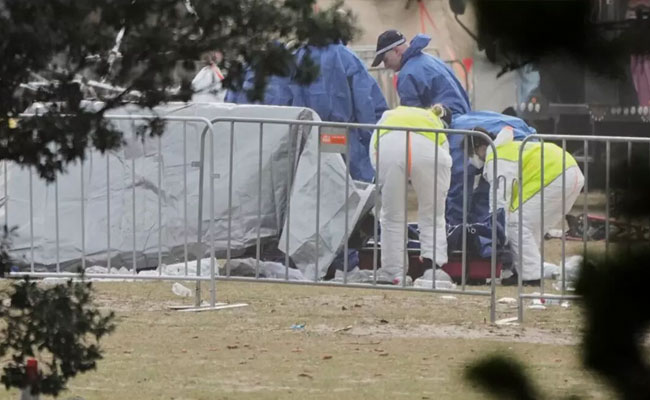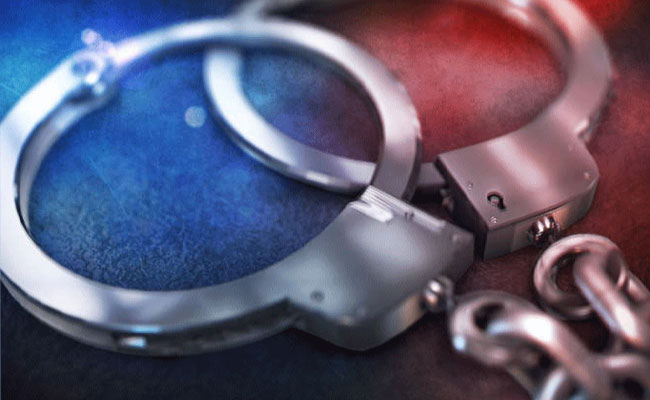New Delhi: A Delhi Court on Tuesday convicted one person of rioting and other charges in the 2020 Delhi Riots cases. This is the first conviction in the 2020 Delhi Riots cases.
The court observed that merely the fact he was not seen resorting to vandalism and looting did not mean he was a bystander. Additional Sessions Judge Virender Bhat also underlined that there was nothing on record to show that the accused person was not associated with unlawful assembly or to show that he did not share a common object.
Dinesh Yadav was convicted for offences under Sections 143 (unlawful assembly), 147 (rioting), 148 (rioting armed with a deadly weapon), 457 (house trespass), 392 (robbery), 436 (mischief by fire or explosive substance with intent to destroy a house, etc.) read with Section 149 (every member of unlawful assembly guilty of the offence committed in prosecution of common object) of the Indian Penal Code.
The prosecution alleged that a mob of around 200 rioters gathered in front of the house of the complainant. The mob then broke into the house and robbed the house before setting some of the material in the house of fire. The complainant and her children had to jump to the terrace of the adjacent house in order to save their lives.
Yadav denied all the charges, saying he was being framed. He also chose not to lead any evidence in his defence. His counsel contended that no active role had been attributed to his client by the witnesses, indicating that he was only a bystander and did not share an object of the alleged unlawful assembly.
"The fact that the accused also belongs to the Hindu community and was present in the mob armed with a wooden rod which mob resorted to violence against the Muslims, indicates that he shared the common object of the unlawful assembly.
“The mere fact that he was not seen entering complainant's house or vandalising or looting or putting it on fire, does not mean that he was a mere bystander. There is nothing on record to show that the accused had disassociated himself from the unlawful assembly and he did not share the common object of the assembly.” The Court said.
Yadav was stated to have been seen among the rioters - a fact sufficient to indicate “beyond any doubt that he too shared the common object of the assembly” having knowledge of the mob’s intention.
Arguments on the quantum of the sentence will be heard on December 12.
Let the Truth be known. If you read VB and like VB, please be a VB Supporter and Help us deliver the Truth to one and all.
Mangaluru: This year’s Karavali Utsava will commence on December 20, with a wide range of cultural, adventure, and tourism-focused programs planned across Mangaluru and other parts of the Dakshina Kannada district, Deputy Commissioner Darshan H.V. said.
He was speaking while presiding over a Karavali Utsava preparedness review meeting held at the District Commissioner’s office.
The main event will be held at the Karavali Utsava grounds in the city. In an effort to promote beach tourism, special programs will be organised at six beaches across the district, which include Panambur, Ullal, Someshwara, Sasihitlu, Tannirbhavi, and the Blue Flag Beach.
ALSO READ: Udupi: Toddler slips from mother's hand while drawing water from well, dies
Outlining the schedule, the Deputy Commissioner said adventure sports will be held at Sasihitlu Beach, while a wine, cheese, and cake festival will take place at the Tannirbhavi Blue Flag Beach.
A music festival and triathlon are planned at Tannirbhavi Beach. Football, volleyball and other sports events will be organised at Ullal Beach, cultural programs at Panambur Beach, and a music evening and yoga program at Someshwara Beach.
In addition, food festivals featuring a variety of local and regional cuisines will be held at all beaches. The Kala Parba program and a flower and floriculture exhibition will be organised at Kadri Park, while a film festival is also planned in Mangaluru city.
A football tournament will be held at Nehru Maidan on December 27 and 28, and special programs will be organised at Pilikula Nisargadhama. To attract tourists, helicopter joyrides have also been arranged, the Deputy Commissioner said.
The review meeting was attended by Zilla Panchayat Chief Executive Officer Narvade Vinayak Karbari, Mangaluru Deputy Divisional Officer Meenakshi Arya, Deputy Commissioner of Police Mithun H.N., Deputy Conservator of Forests Antony Mariappa, and other officials.

